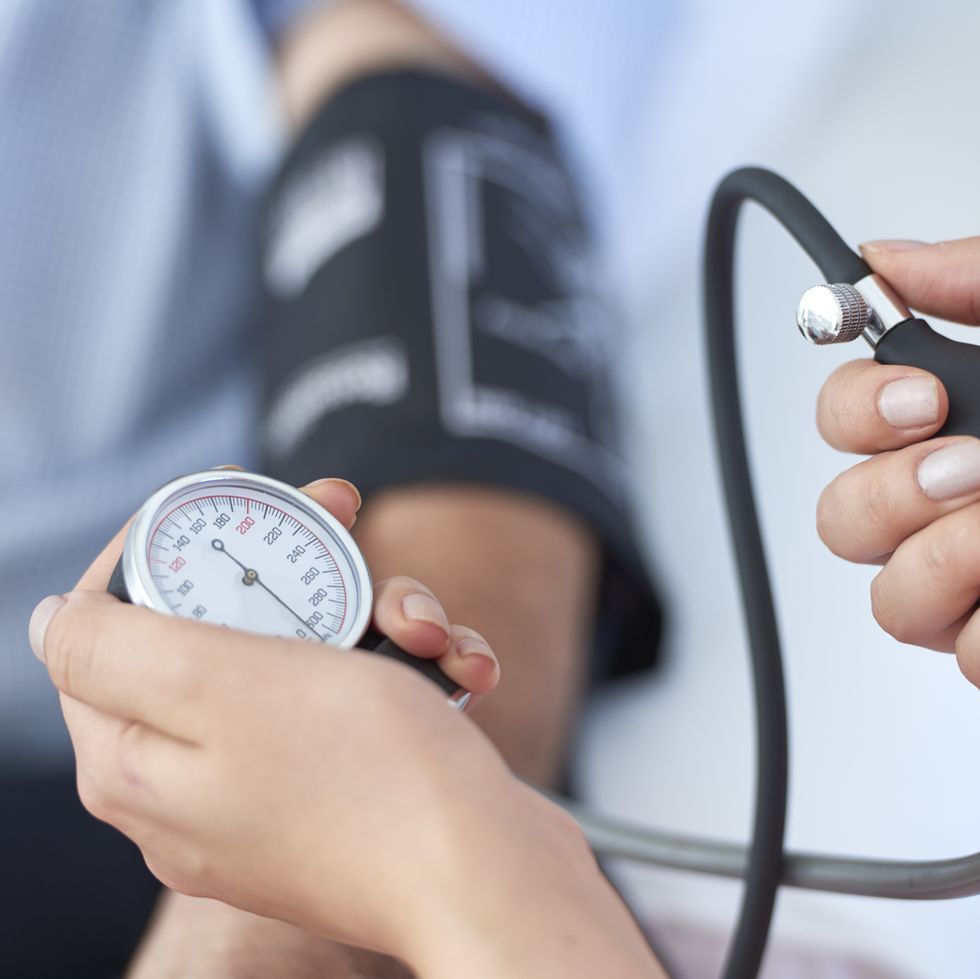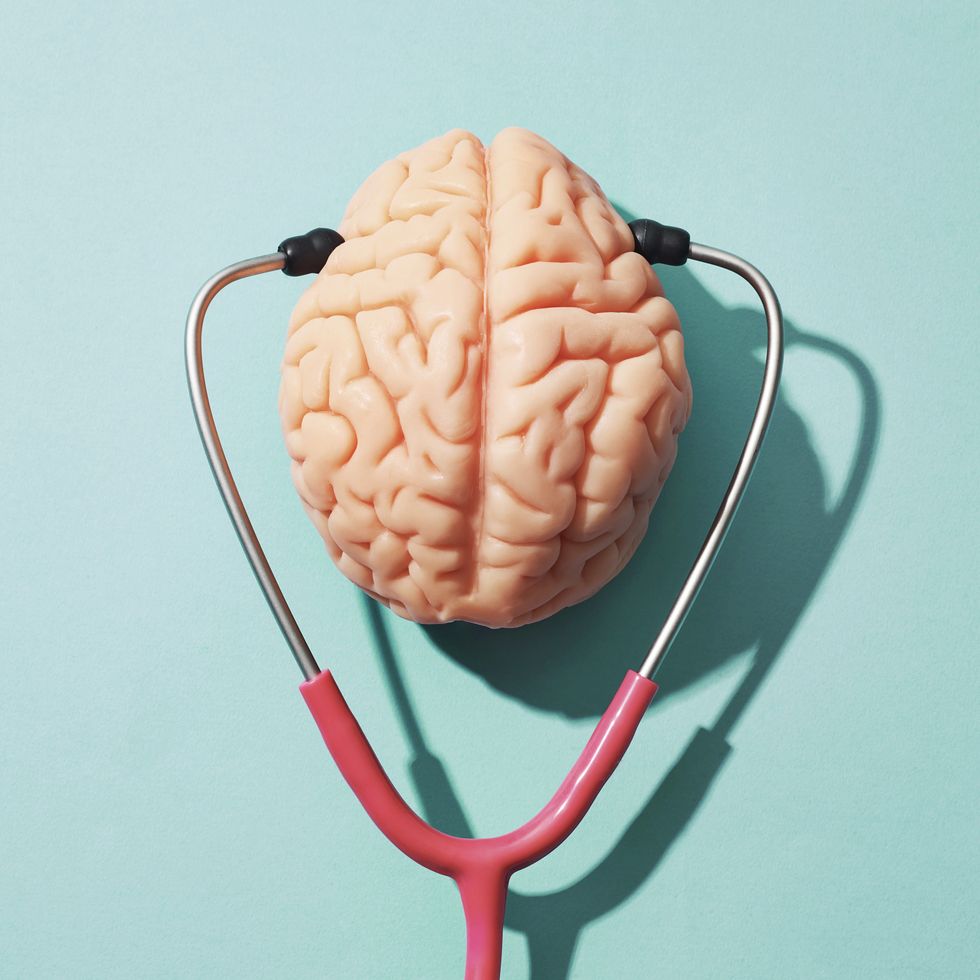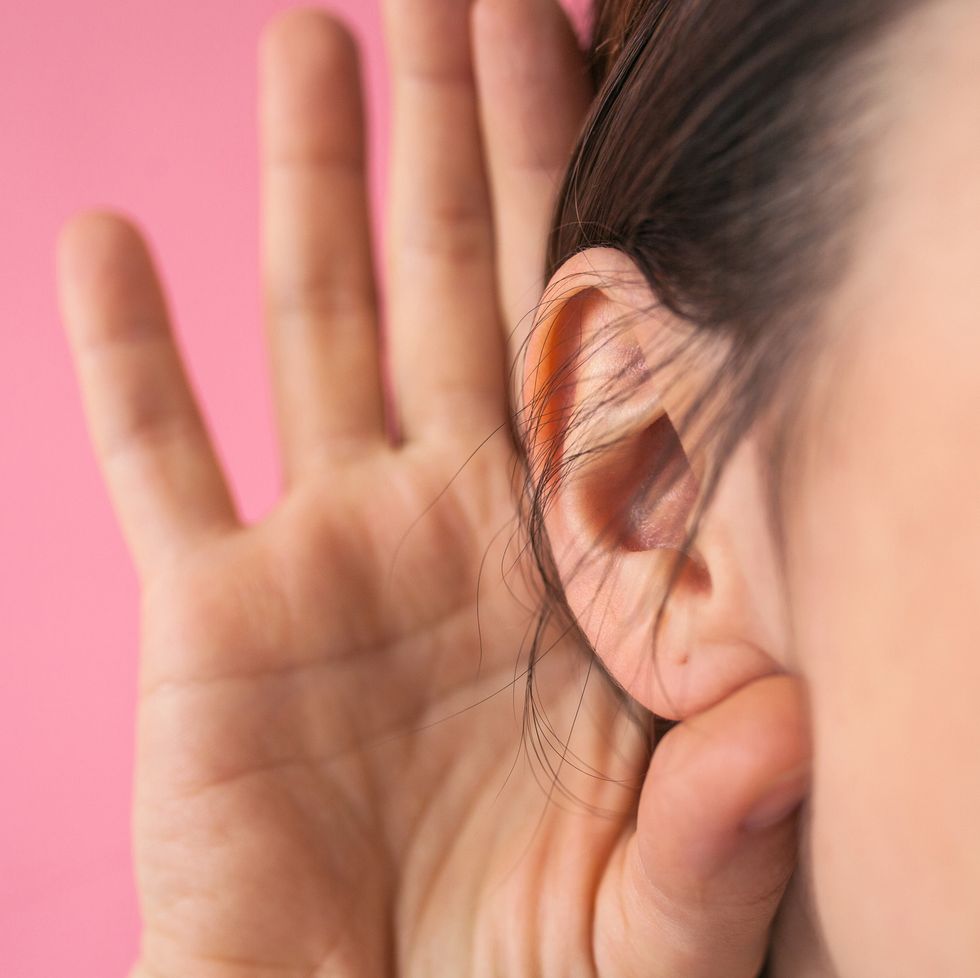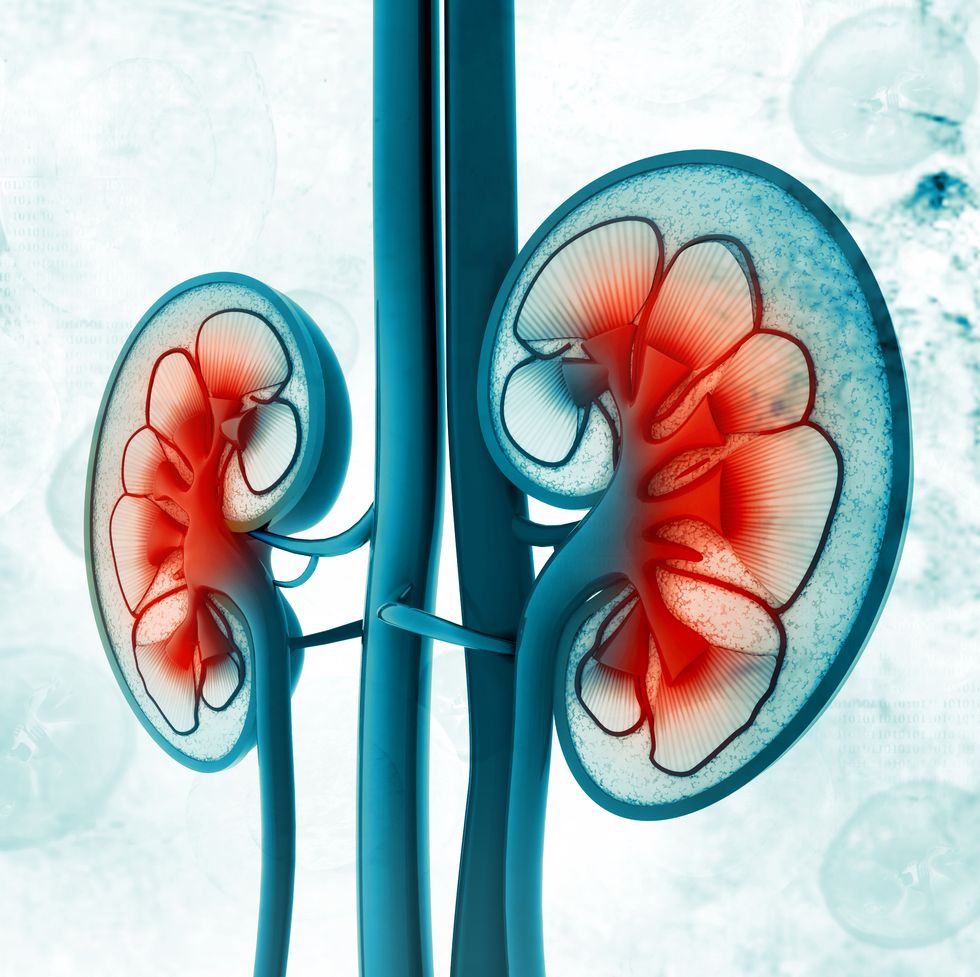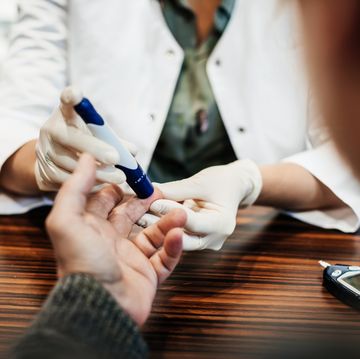10 Unexpected Side Effects and Complications of Diabetes, According to Doctors
High blood sugar can wreak havoc on your heart, brain, and—yep, even your sex life.

When you hear “diabetes,” your mind likely jumps to problems with producing insulin and regulating blood sugar. And that’s definitely a key part of this chronic disease, which affects nearly 1 in 10 Americans, according to the Centers for Disease Control and Prevention (CDC). But that’s also just the tip of the iceberg.
“Diabetes is like termites, in that it causes slow, hidden, but significant damage in the body,” says Osama Hamdy, M.D., Ph.D., director of the Inpatient Diabetes Program at the Joslin Diabetes Center in Boston. “Most patients with type 2 diabetes die from a heart attack,” Dr. Hamdy says, “but because the disease doesn’t have many symptoms, people tend to take it lightly.”
And evidence continues to mount that diabetes affects every system in the body, wreaking havoc if it’s not well managed. Learn more below about the side effects of diabetes and how you can protect yourself from complications. (The good news: Most can be avoided by following the treatment plan set out by your doctor.)

Cindy is a freelance health and fitness writer, author, and podcaster who’s contributed regularly to Runner’s World since 2013. She’s the coauthor of both Breakthrough Women’s Running: Dream Big and Train Smart and Rebound: Train Your Mind to Bounce Back Stronger from Sports Injuries, a book about the psychology of sports injury from Bloomsbury Sport. Cindy specializes in covering injury prevention and recovery, everyday athletes accomplishing extraordinary things, and the active community in her beloved Chicago, where winter forges deep bonds between those brave enough to train through it.
Watch Next


Kelly Clarkson Discusses Prediabetes Diagnosis

Doctors Share 5 Foods to Avoid When Taking Ozempic

Why Walking May Lower Your Type 2 Diabetes Risk

Nick Jonas Opens Up About Type 1 Diabetes
